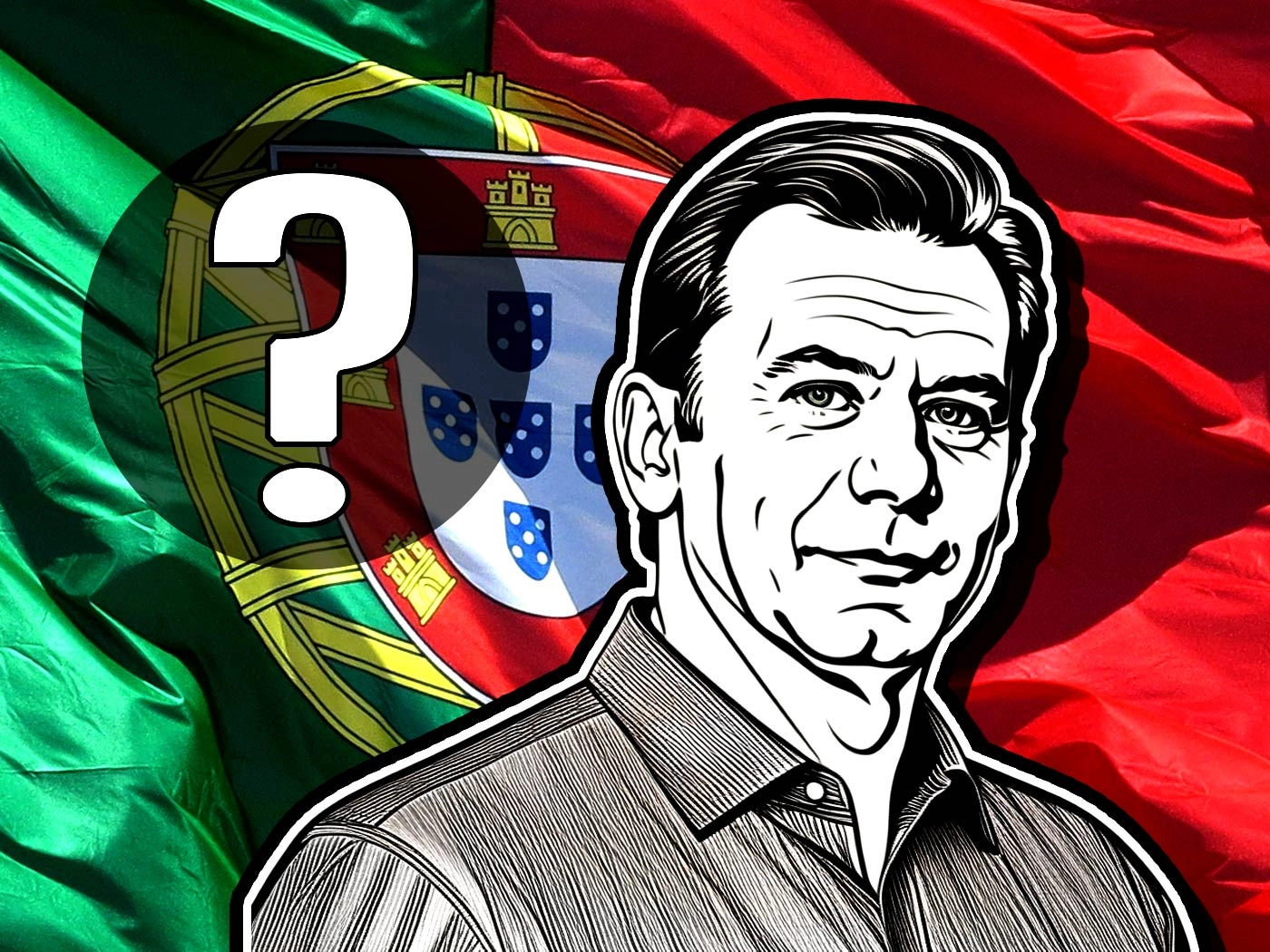Portugal Faces Political Puzzle
Following Portugal's 2024 legislative election, the nation grapples with the task of forming a new government. The Democratic Alliance (AD), a conservative coalition, has displaced the reigning Socialists, though they haven't clinched an outright majority. Luis Montenegro, the AD leader, anticipates the President's approval to shape the next cabinet.
Elections In Numbers
Breaking down the numbers, the AD secured 29.49% of votes, winning 79 seats out of 230 (⬆️ 2 seats) in the parliament. The Socialists (PS), in power since 2015, got 28.66% of votes, translating to 77 seats (🔻43 seats). Meanwhile, the right-wing populist party Chega ("Enough") more than doubled its vote share from the previous election, reaching 18.06% and securing 48 seats (⬆️ 36 seats) – echoing a broader trend observed in other EU countries.
More Numbers
Liberal Initiative (IL): Garnered 5.1% of the votes, leading to 8 seats (➖ 0 seats).
Left Bloc (BE): Secured 4.5% of the votes, resulting in 5 seats (➖ 0 seats).
Alliance of Communists (CDU, PCP): Secured 3.3% of the votes, resulting in 4 members. (🔻2 seats)
FREE (L): Obtained 3.3% of the votes, with 4 seats (⬆️ 3 seats).
People-Animals-Nature Party (PAN): Achieved 1.9% of the votes, with 1 seat (➖ 0 seats).
“Of course, I will keep my word (...) I would not do such evil to democracy as not to make commitments that I made so clearly.”
Louis Montenegro on Chega
Facts On The Election
Some takeaways that display the difficulty of forming a government.
Minority Government Could Be An Inconvenient Answer
The election outcome suggests the potential for a minority government in Portugal. Given the AD's lack of a clear majority, they'll need support from other parties. Montenegro indirectly urged the defeated Socialists and the strengthened Chega to avoid forming an alliance that could disrupt the establishment of a new government.
A minority government, holding fewer than 116 seats, would depend on cooperation from opposition parties to pass laws. The election has positioned the relatively new Chega as a significant player, potentially aiding the Social Democrats in securing a parliamentary majority.
Are New Elections Likely?
There's speculation about the likelihood of new elections, especially since both major parties ruled out collaborating with the right-wing populists before the election. For the Socialists, who secured 41% of votes in 2022, this election outcome is a political disaster, considering they previously held 120 out of 230 seats in the parliament due to the intricacies of the mandate distribution system. A grand coalition could be an inconvenient answer but is unlikely in Portugal due to significant differences between the two main parties.
However, new elections at this point are unlikely. Holding new elections would disregard the will of the people and will only cater to the extremes of the political spectrum, serving neither the interests of the PS or AD leadership. This poses a challenge that Europe must confront. Democracy, in navigating these turbulent waters, must discover a path forward.






Comments